Contents
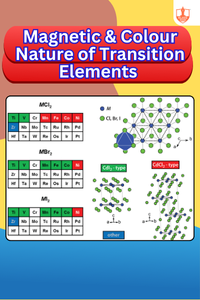
Magnetic & Colour Nature
Description: Transition elements are often colored due to d-d electron transitions and can exhibit magnetic properties due to unpaired electrons.
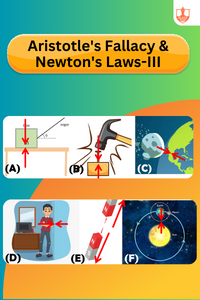
Aristotle's Fallacy & Newton's Laws-III
Description: MCQs Based on Introduction, Aristotle's Fallacy, the Law of Inertia, Newton's First Law of Motion, Newton's Second Law of Motion, Newton's Third Law of Motion
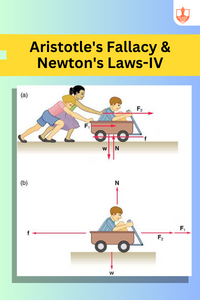
Aristotle's Fallacy & Newton's Laws-IV
Description: MCQs Based on Introduction, Aristotle's Fallacy, the Law of Inertia, Newton's First Law of Motion, Newton's Second Law of Motion, Newton's Third Law of Motion

Pollution-I
Description: MCQs Based on Environmental Pollution, Atmospheric Pollution, Water Pollution
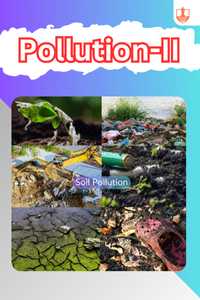
Pollution-II
Description: MCQs Based on Environmental Pollution, Atmospheric Pollution, Water Pollution, Soil Pollution, Industrial Waste, Strategies to Control Environmental Pollution,Green Chemistry
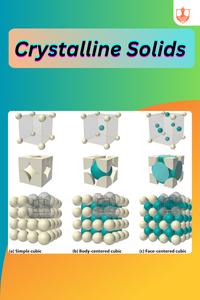
Crystalline Solids
Description: MCQs Based on General Characteristics of Solid State, Amorphous and Crystalline Solids, Classification of Crystalline Solids, Crystal Lattices and Unit Cells, Number of Atoms in a Unit Cell, Close Packed Structures, Packing Efficiency
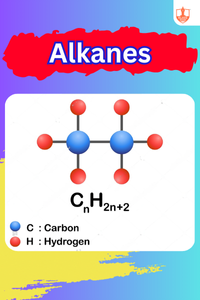
Alkanes
Description: MCQs Based on Alkanes
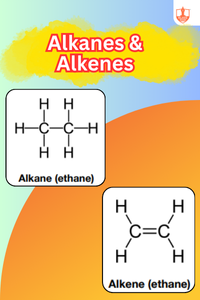
Alkanes & Alkenes
Description: MCQs Based on Alkanes & Alkenes
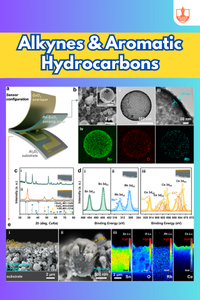
Alkynes & Aromatic Hydrocarbons
Description: MCQs Based on Alkynes & Aromatic Hydrocarbons
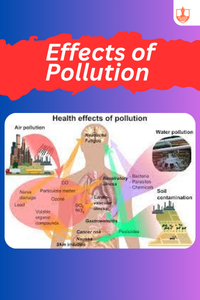
Effects of Pollution
Description: Pollution causes health issues, environmental damage, climate change, loss of biodiversity, and disrupts ecosystems and human livelihoods.
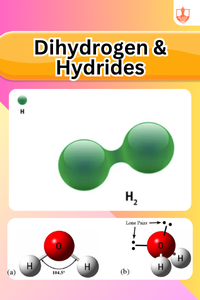
Dihydrogen & Hydrides
Description: MCQs Based on Position of Hydrogen in the Periodic Table, Dihydrogen, H2, Preparation of Dihydrogen, H2, Properties of Dihydrogen, Hydrides, Water
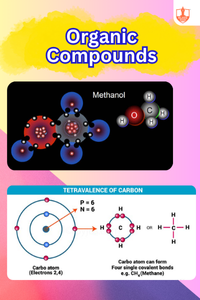
Organic Compounds
Description: "MCQs Based on Tetravalence of Carbon : Shapes of Organic Compounds, Structural Representations of Organic Compounds, Classification of Organic Compounds, Nomenclature of Organic Compounds, (Isomerism, fundamental Concepts in Organic Reaction Mechanism,
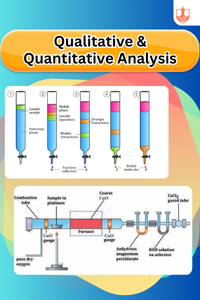
Qualitative & Quantitative Analysis
Description: MCQs Based on Isomerism, fundamental Concepts in Organic Reaction Mechanism, Methods of Purification of Organic Compounds, Qualitative Analysis of Organic Compounds, Quantitative Analysis
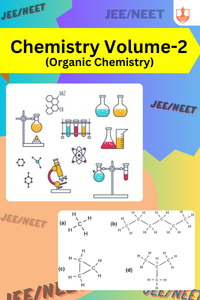

.png)
.png)
.png)
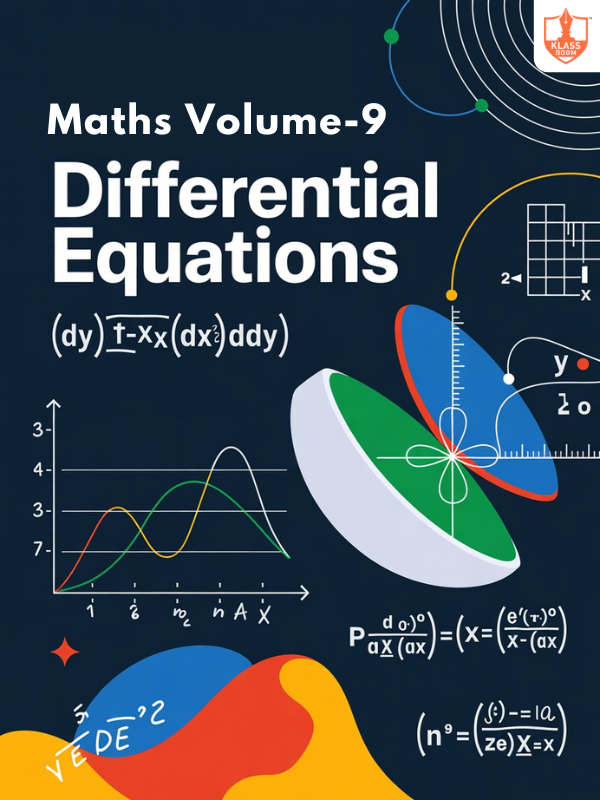
.png)
.png)
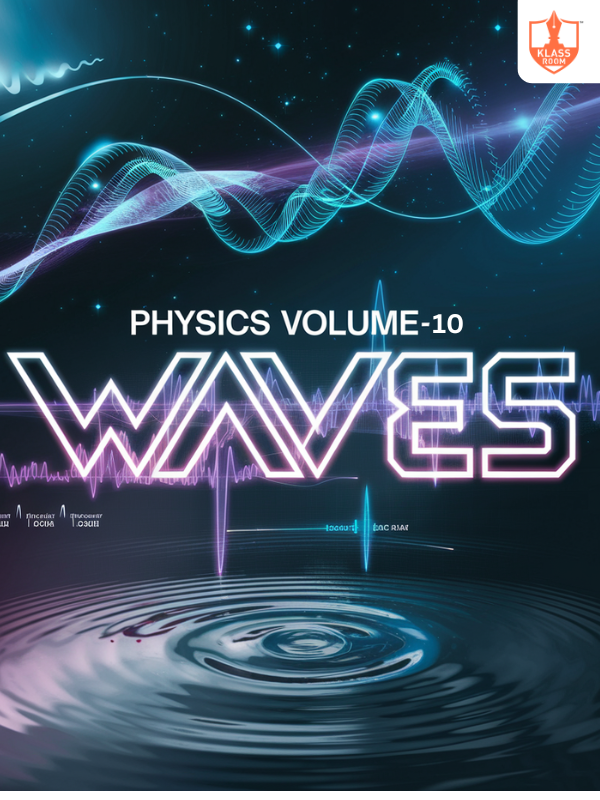
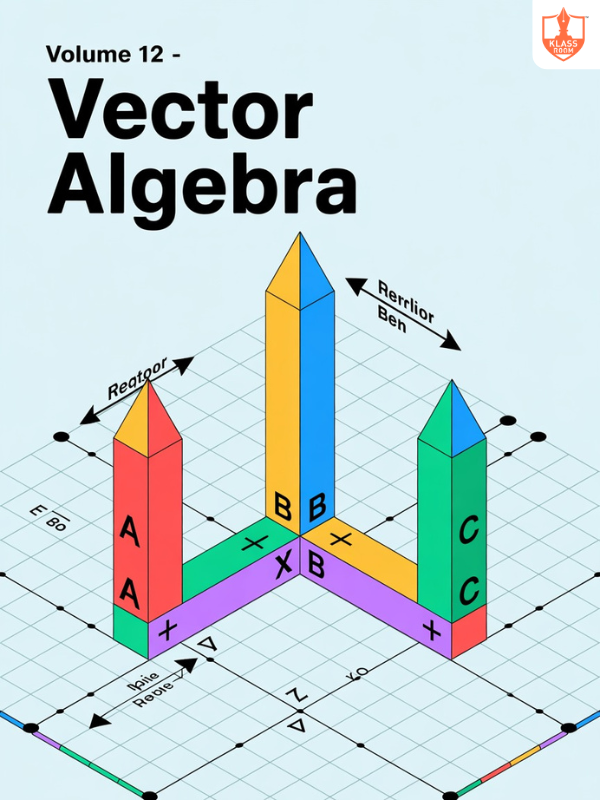

.png)
.png)